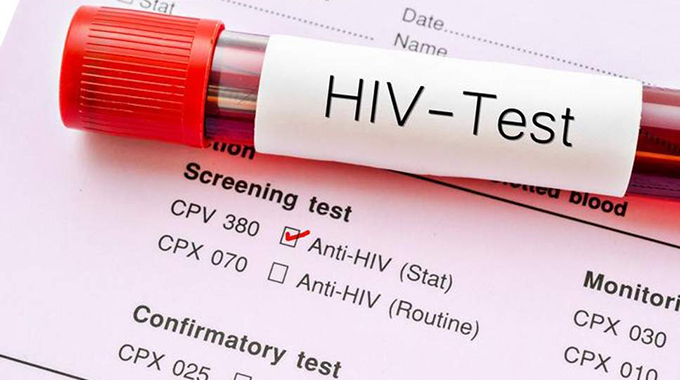Critical issues on mandatory HIV testing of couples

Correspondent
An article was published in the Herald of 20 December 2018 with the headline “NAC proposes mandatory HIV testing for new couples”. The article generated debate, but not the level that matches the depth and impact of the issue at hand. The Herald is the largest daily in Zimbabwe. Any story it publishes deserves careful scrutiny, especially if the content has a bearing on National Health Outcomes. There are critical issues to reflect on about this story.
Yes, it is commendable that NAC continues to strengthen efforts to promote HIV prevention in the country. The current HIV response successes, including lowering the HIV prevalence from about 26.5in 2001, to the current 13.8 percent is largely attributed to prevention mechanisms being implemented by various stakeholders.
However, supposing it is true, that NAC is contemplating imposing a mandatory HIV testing for couples, there are critical issues to consider.
Firstly, such a policy is most likely to take us steps back in our quest to eliminate stigma and discrimination against people living with HIV. With such a policy, we will send a wrong signal to the communities, and that would potentially undo all the great results we had achieved so far in safeguarding the rights of PLWHV by addressing stigma.
Secondly, from a legal point of view, it is important to remember that Section 57 (e) guarantees citizens the right to privacy. The law says: “Every person has the right to privacy, which includes the right not to have their health condition disclosed”.
A mandatory HIV testing for couples policy is ultra vires to the supreme law of the land.
Prevention we want, but equally important is the need to devote our energy in strengthening the successes of our HIV response, and not commit time and resources in unnecessary legal battles.
Thirdly, a deeper understanding of the prevention strategy in Zimbabwe points to the reality that the package now involves more than the usual and traditional ABCDE approach. We have evolved and advanced to include such strategies like using PREP, PEP and Treatment as Prevention. Couples testing remain encouraged, but should not be with unconstitutional conditions tied to it.
Further, there is evidence of deliberate sensationalism in the article; facts arm-twisted to give a misleading narrative that does no good to our public health interests. The writer quotes NAC M&E Director, Mr Mpofu to have said “45 percent of female students in tertiary institutions contract HIV during the course of their programs”, which social media is now translating to “45 percent of female students are HIV positive”. This is false. Imagine the impact of such statements to our 90-90-90 goals!
These are the issues we should have open dialogues about.
It is within the mandate of the media, policy makers, and stakeholders to reflect on before giving out such information to the public. The potential damage it may cause could be regrettable, yet avoidable. – SAYWHAT










Comments